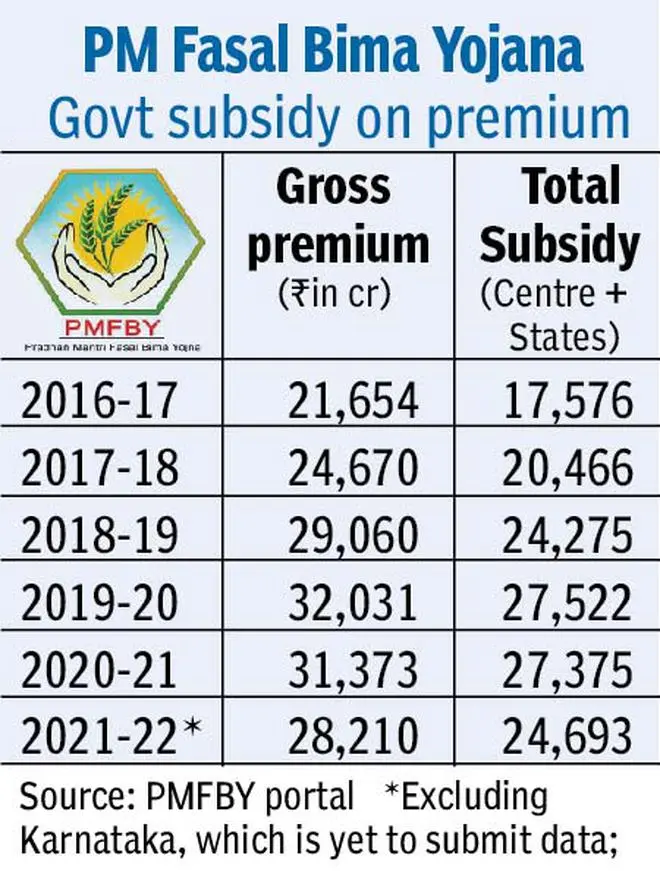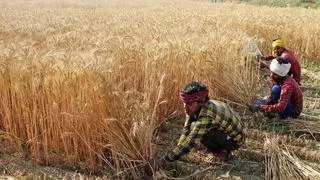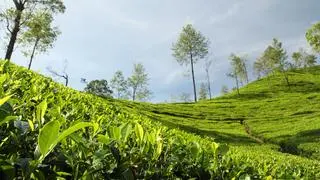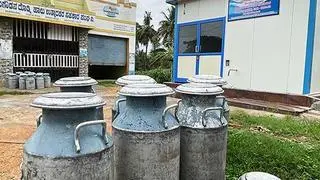The Centre is considering various options including “zero or token premium of Re 1” for the 12 crore small and marginal farmers under the flagship Pradhan Mantri Fasal Bima Yojana (PMFBY) amid many States expressing their dissatisfaction, some even had earlier quit the scheme due to financial burden.
“We are open to any option for the betterment of the scheme. The working group has been set up for the purpose and they will draw up financial projections on various options,” said a senior official of the agriculture ministry. However, the major concern is the state share of premium subsidy as it will go up with the increased participation of farmers, based on the current guidelines, the official said.
Dual premium option
Another option under consideration of the group is to have dual premium for the insured amount so that farmers are not burdened and financial burden on States ease, sources said. “If the liability of insurer is fixed at 50 per cent of the claim amount, the premium will drastically reduce in which case farmers’ share can be completely waived off,” an industry source privy to the deliberations said. But there is also to be a mechanism available to pay 100 per cent claim amount, he added.
In view of about 17 per cent of agricultural land leased out, which is as high as 42 per cent in Andhra Pradesh, the government may also ease rules to enable lessee farmers take the benefit of crop insurance. Though they are allowed to enroll under PMFBY by showing documentary proof of contract farming, it is mostly absent as many farmers prefer to do it without record.
Under PMFBY, the balance premium is split equally between the Centre and states after farmers pay a fixed premium – 1.5 per cent (of sum insured) in Rabi season, 2 per cent in kharif and 5 per cent for cash crops. The premium is arrived at based on quotations from insurance companies in a cluster. The Centre has capped maximum premium at 30 per cent in non-irrigated areas, 25 per cent in irrigated areas.
Many experts have pointed out several anomalies in the scheme due to which farmers, State governments and insurance companies are not happy with the current policy. For instance, in Uttarakhand the farmers share of premium in Kharif 2019 was ₹6.04 crore whereas the Centre and State share of subsidy was about ₹94 lakh despite government bearing 90 per cent of the subsidy because it is hilly state.
“Such micro issues cannot be brushed aside if PMFBY is to be made acceptable universally across all the states. Technology driven yield assessment should be made mandatory and the Centre must undertake this exercise from its own fund with the concurrent of the State government,” said a former Union Agriculture Secretary.
States exited central scheme
Gujarat, Andhra Pradesh, Telangana, Bihar, Jharkhand and West Bengal have already exited from the Central scheme launching their own while Maharashtra is weighing the pros and cons of withdrawal.
Officials point out that crop insurance is necessary to mitigate risk of the farmers, but the awareness level is very low due to which even many farmers assume that there has to be some returns for their premium even if there is no crop loss. In Lok Sabha last December, an MP wanted to know if premium will be raised by the government in view of calamities, the official said, adding many people are not aware that premiums are decided through bids.









Comments
Comments have to be in English, and in full sentences. They cannot be abusive or personal. Please abide by our community guidelines for posting your comments.
We have migrated to a new commenting platform. If you are already a registered user of TheHindu Businessline and logged in, you may continue to engage with our articles. If you do not have an account please register and login to post comments. Users can access their older comments by logging into their accounts on Vuukle.